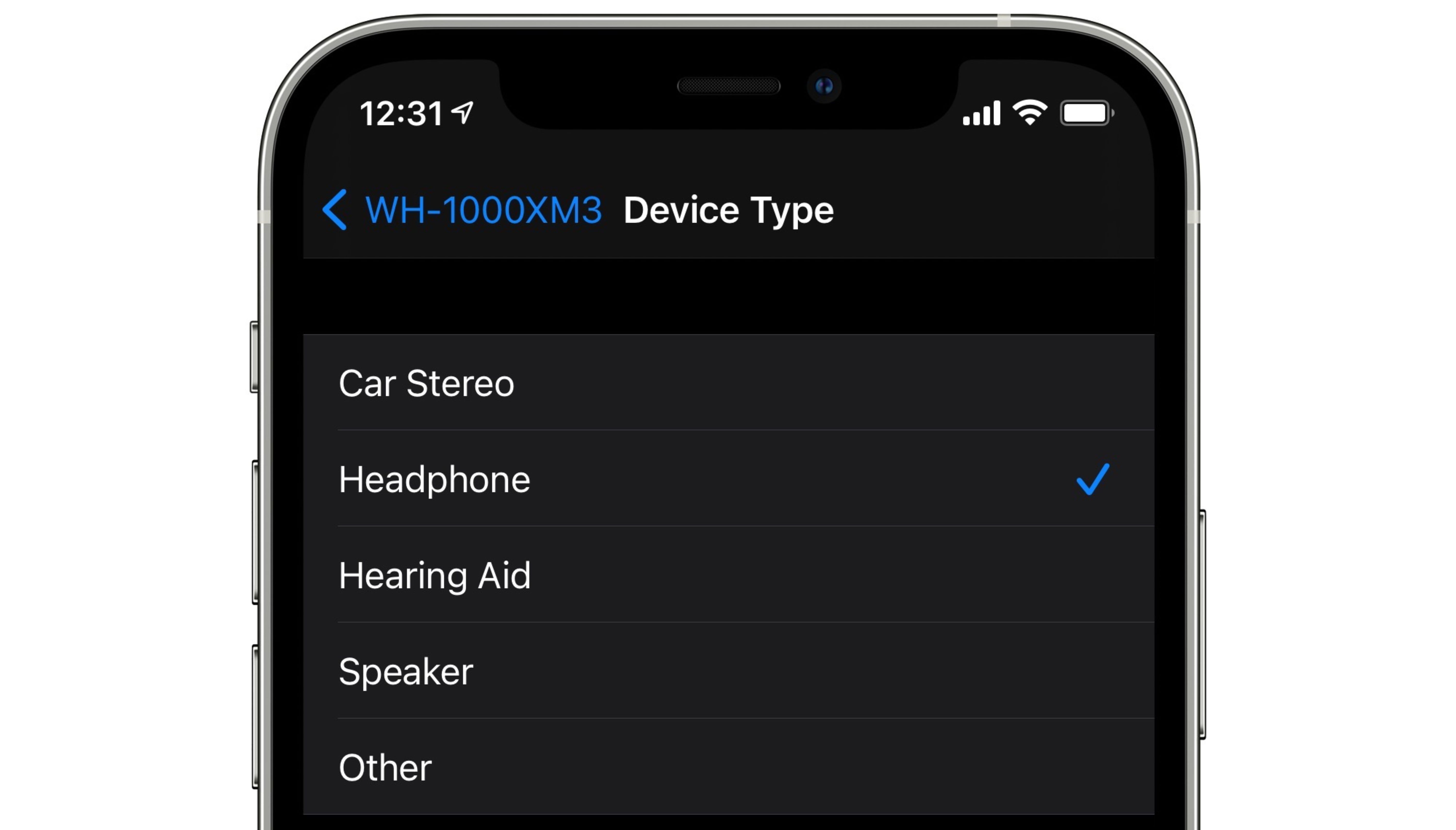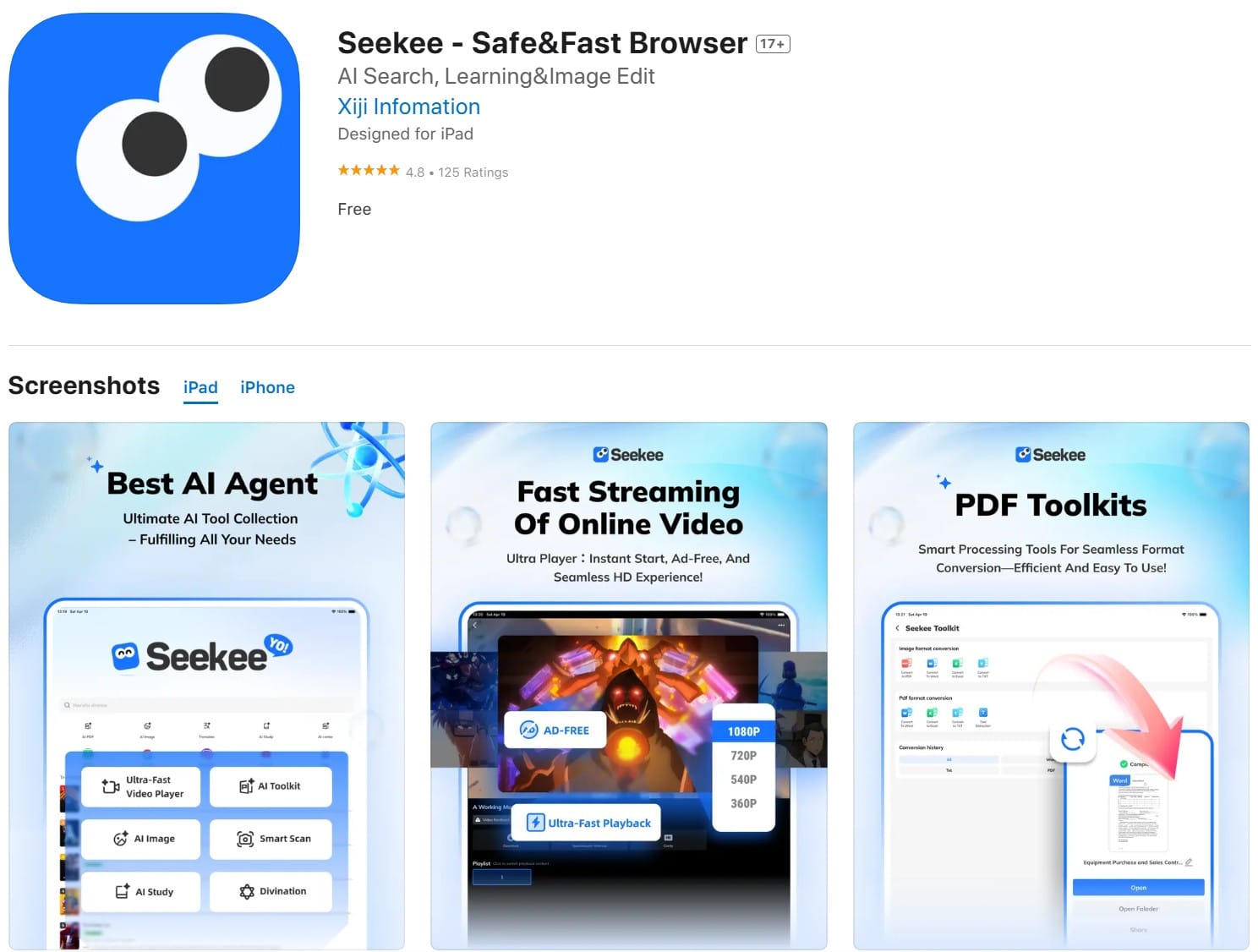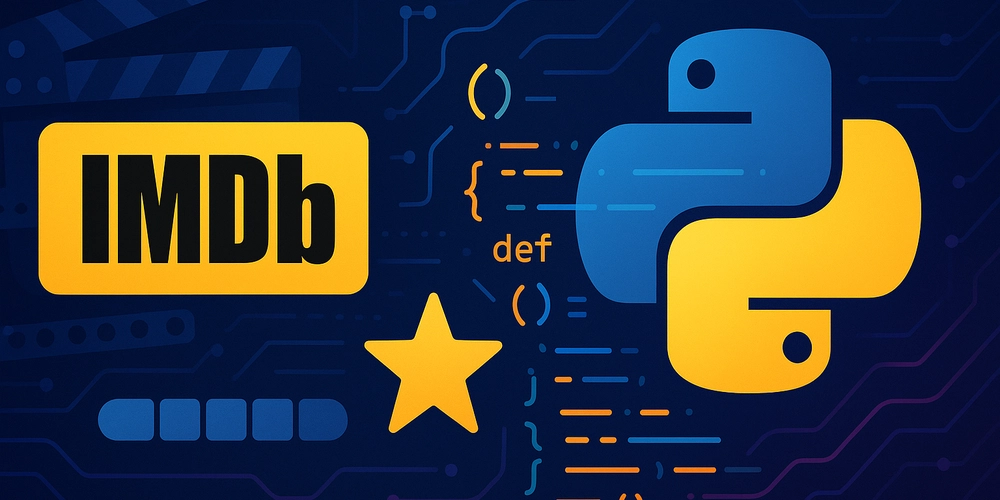Securing Kubernetes Workloads with Falco
In today’s cloud-native world, security is paramount. It’s not enough to secure applications only during deployment; runtime security is crucial. Falco, a cloud-native security tool, helps detect threats in real-time across hosts, containers, Kubernetes, and cloud environments. What is Falco? Falco is a cloud-native security tool that helps in detecting the threats in real time. It can detect threats across hosts, containers, Kubernetes & cloud environments. Falco uses the eBPF technology that continuously monitors the events (such as Linux syscalls), and reports for any suspicious activities like abnormal behaviours, potential security threats and compliance violations from apps by triggering the alerts to the team. It’s an open-source CNCF project originally developed by Sysdig. Why Use Falco? Falco offers several advantages for runtime security: Real-time threat detection: It can detect threats like reverse shells, RBAC abuse, and file access. Lightweight and powerful: Falco leverages eBPF for efficient monitoring. Highly customizable: You can tailor Falco rules to your specific needs. Versatile: It supports various event sources. Easy integration: Falco integrates seamlessly with alerting systems like Slack and webhooks. How does Falco Works Falco continuously monitors the event sources, reporting any suspicious activities or potential security threats based on the defined Falco rule. If any of the Falco rule is evaluated to true by the Falco Engine then the event is send as the Falco outputs. By default, Falco performs a standard output of such events which can then be configured to send it to Slack (over HTTP/S), gRPC protocol, file outputs, etc. Falco Event Sources Falco intelligently monitors events from various sources:

In today’s cloud-native world, security is paramount. It’s not enough to secure applications only during deployment; runtime security is crucial. Falco, a cloud-native security tool, helps detect threats in real-time across hosts, containers, Kubernetes, and cloud environments.
What is Falco?
Falco is a cloud-native security tool that helps in detecting the threats in real time. It can detect threats across hosts, containers, Kubernetes & cloud environments.
Falco uses the eBPF technology that continuously monitors the events (such as Linux syscalls), and reports for any suspicious activities like abnormal behaviours, potential security threats and compliance violations from apps by triggering the alerts to the team. It’s an open-source CNCF project originally developed by Sysdig.
Why Use Falco?
Falco offers several advantages for runtime security:
- Real-time threat detection: It can detect threats like reverse shells, RBAC abuse, and file access.
- Lightweight and powerful: Falco leverages eBPF for efficient monitoring.
- Highly customizable: You can tailor Falco rules to your specific needs.
- Versatile: It supports various event sources.
- Easy integration: Falco integrates seamlessly with alerting systems like Slack and webhooks.
How does Falco Works
Falco continuously monitors the event sources, reporting any suspicious activities or potential security threats based on the defined Falco rule. If any of the Falco rule is evaluated to true by the Falco Engine then the event is send as the Falco outputs.
By default, Falco performs a standard output of such events which can then be configured to send it to Slack (over HTTP/S), gRPC protocol, file outputs, etc.
Falco Event Sources
Falco intelligently monitors events from various sources:































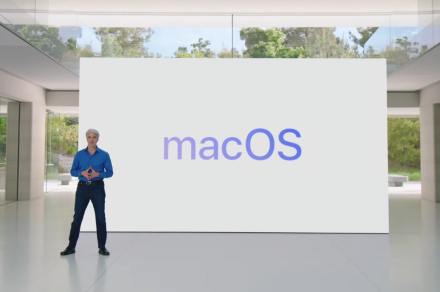


































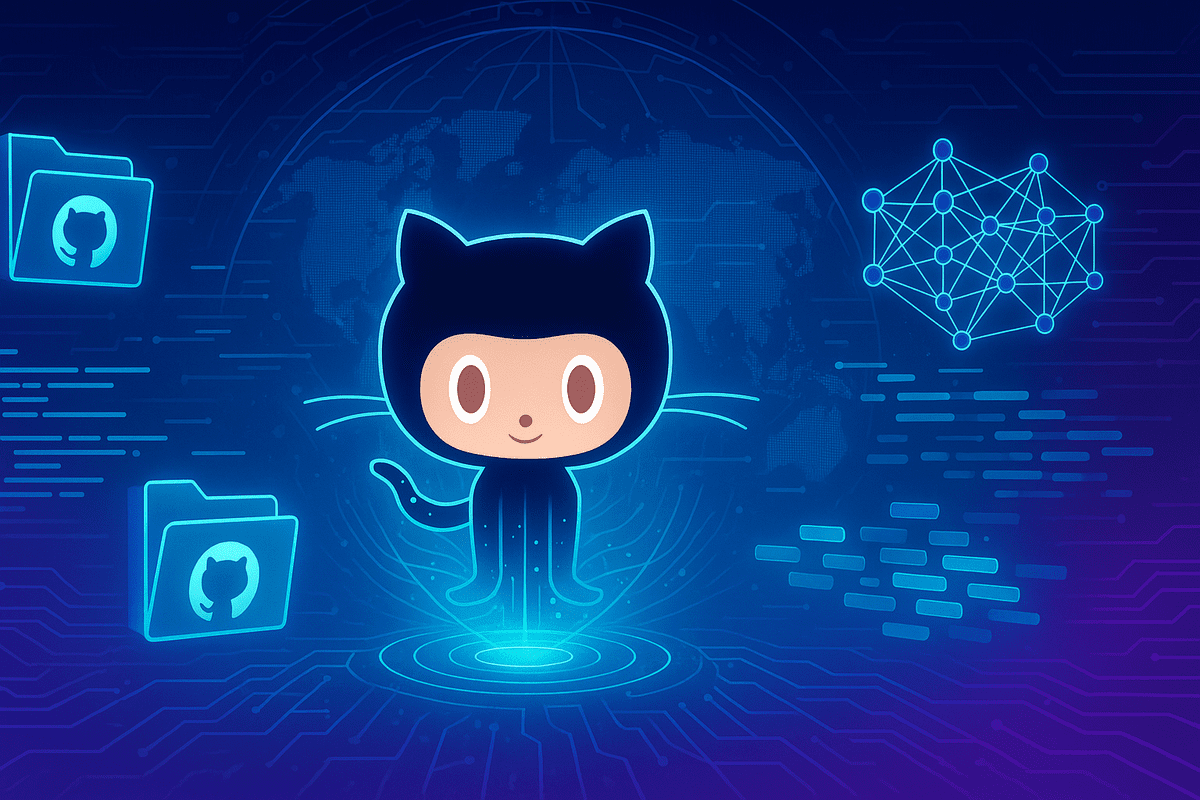




































































































![[The AI Show Episode 145]: OpenAI Releases o3 and o4-mini, AI Is Causing “Quiet Layoffs,” Executive Order on Youth AI Education & GPT-4o’s Controversial Update](https://www.marketingaiinstitute.com/hubfs/ep%20145%20cover.png)





































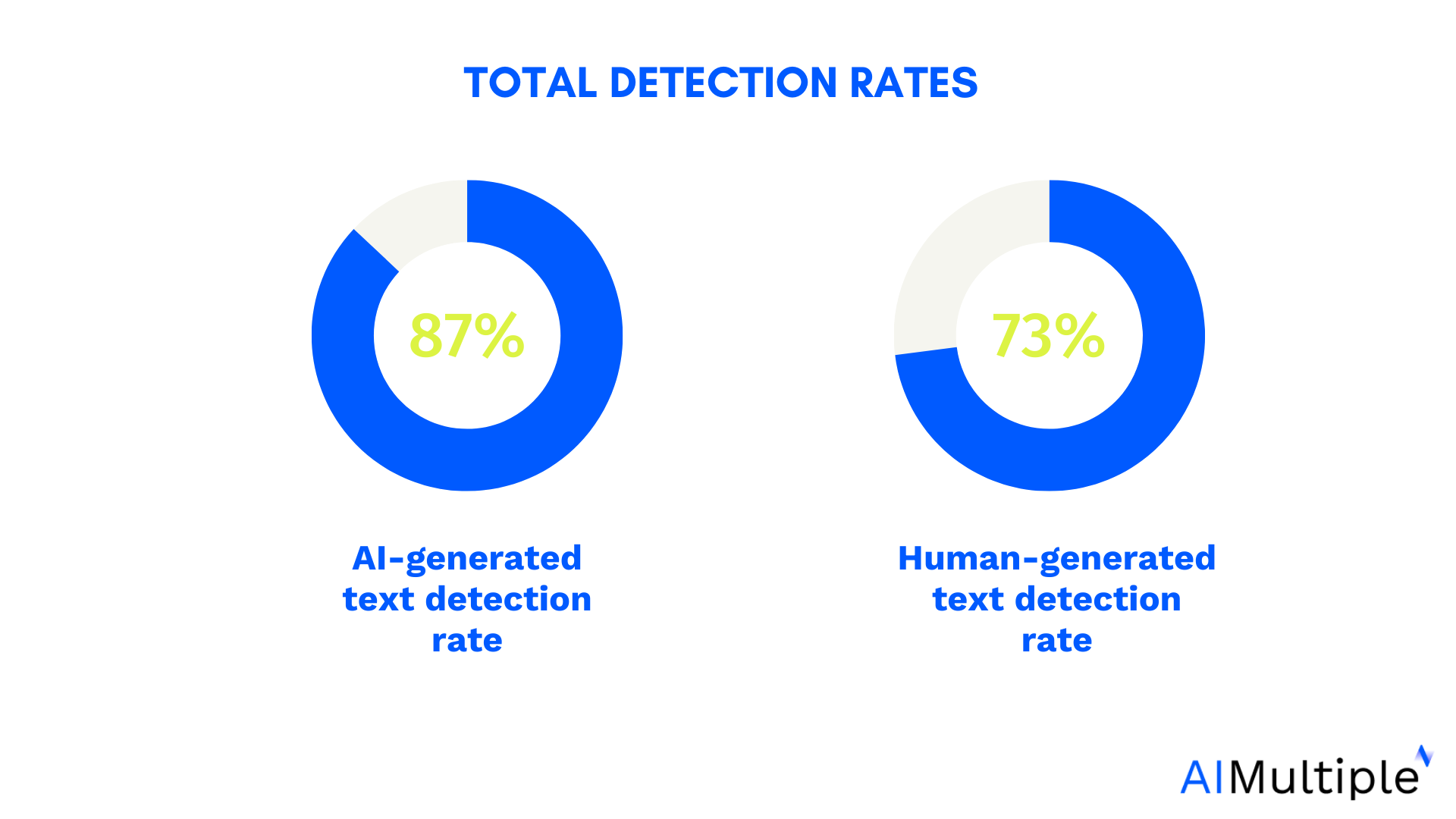




















































































![Ditching a Microsoft Job to Enter Startup Purgatory with Lonewolf Engineer Sam Crombie [Podcast #171]](https://cdn.hashnode.com/res/hashnode/image/upload/v1746753508177/0cd57f66-fdb0-4972-b285-1443a7db39fc.png?#)














































.jpeg?#)
.jpg?#)






















































































_designer491_Alamy.jpg?width=1280&auto=webp&quality=80&disable=upscale#)













































































































![Apple Shares New 'Mac to School' Ads: Pointed, Mirrored, Dropped In [Video]](https://www.iclarified.com/images/news/97295/97295/97295-640.jpg)
![Apple Drops New Trailer for 'F1' Starring Brad Pitt [Video]](https://www.iclarified.com/images/news/97296/97296/97296-640.jpg)
![Apple iPhone Exports From India Surge 116% [Report]](https://www.iclarified.com/images/news/97292/97292/97292-640.jpg)
![Apple Shares 'Last Scene' Short Film Shot on iPhone 16 Pro [Video]](https://www.iclarified.com/images/news/97289/97289/97289-640.jpg)








































